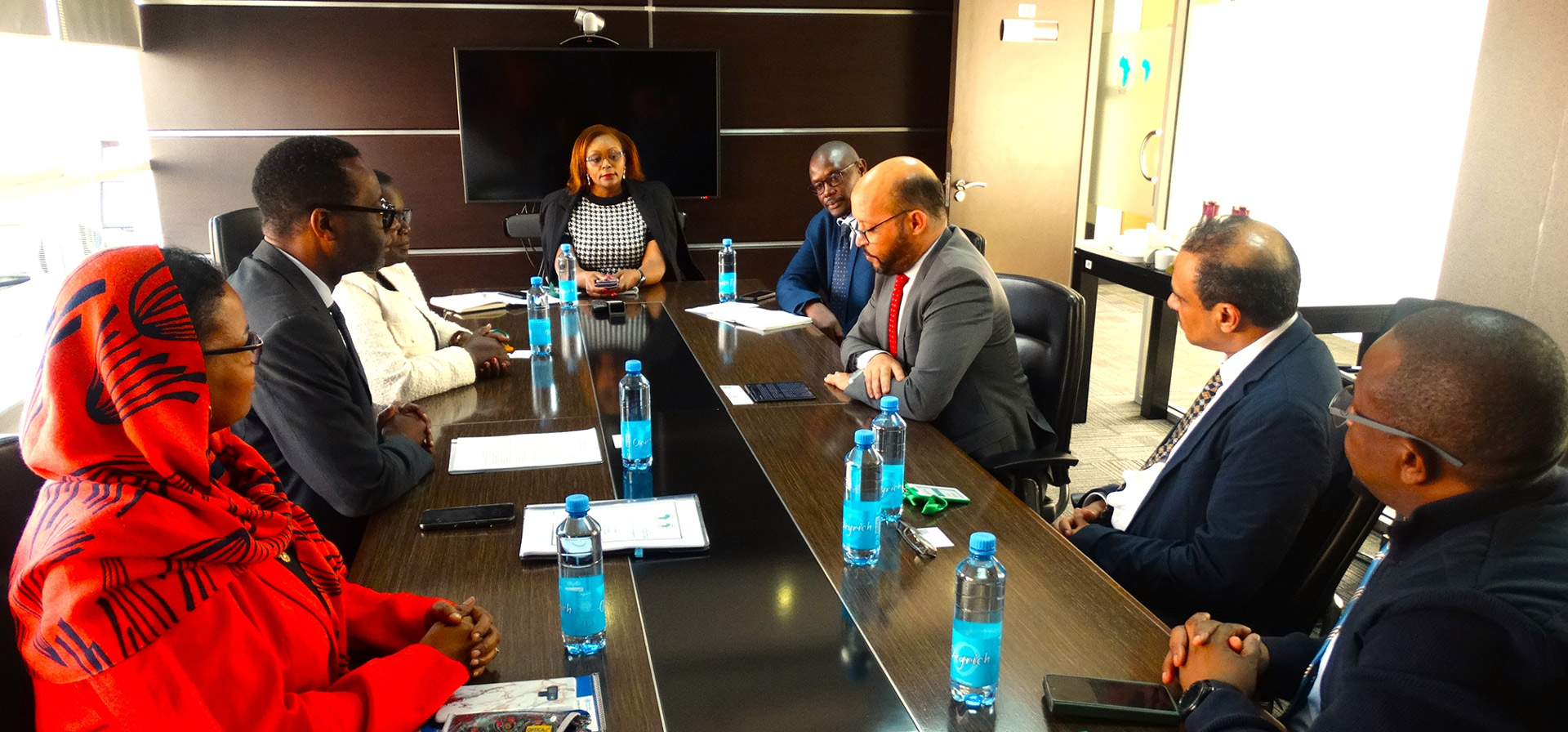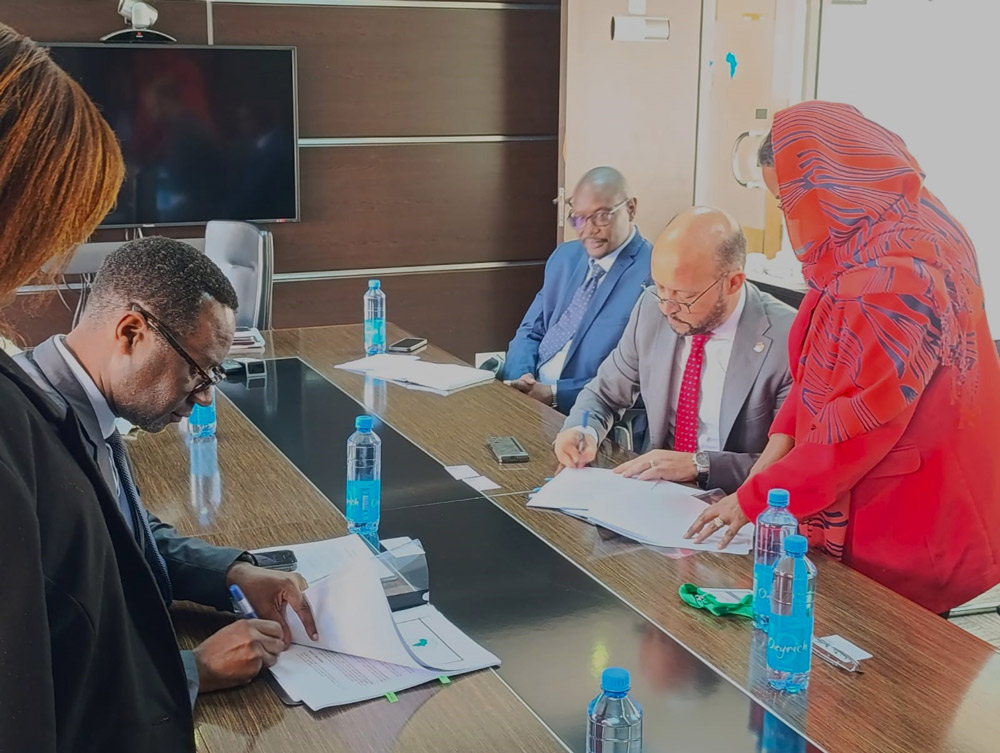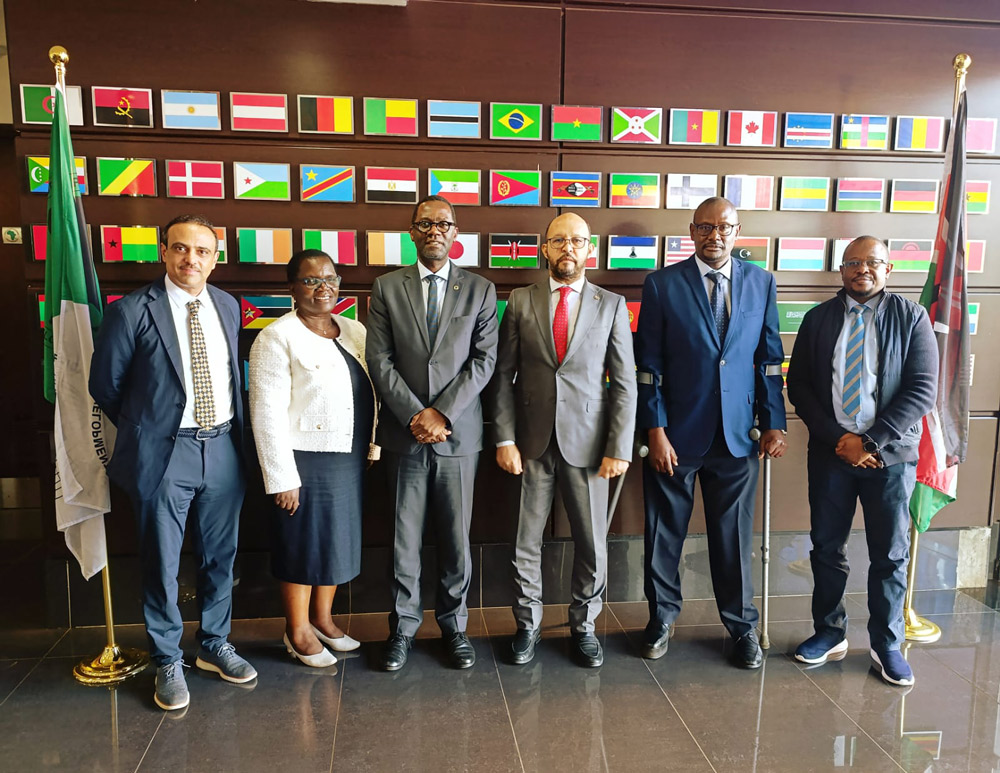5 November 2025, Nairobi/Port Sudan, Kenya and Sudan – On 3 November 2025, the African Development Bank (AfDB) and the World Health Organization (WHO) signed a bipartite funding and 3-year implementation agreement for the Sudan Health Emergency and Infrastructure Project (SHEIP).
The project aims to improve access to quality health care services across Sudan, with a focus on improving access to and enhancing essential health care delivery, strengthening emergency preparedness and response and building resilient health systems to better serve communities in need.
The project will enable WHO to strengthen its health emergency response while engaging in early recovery and resilience of the health system through restoring key services.
“Throughout the two-and-a-half-year conflict-driven crisis, WHO has provided critical technical, operational and supply chain support to the health emergency response in Sudan. With the return of stability in parts of Sudan it is time to implement response and recovery side by side and we stand committed to do that with the support of our partner, the African Development Bank,” said WHO Representative in Sudan and Head of Mission Dr Shible Sahbani.
“The African Development Bank is pleased to partner with the World Health Organization to strengthen Sudan’s health system and restore essential services for its people. WHO’s proven expertise in managing complex health emergencies gives us confidence that this project will be implemented effectively, supporting early recovery and building resilience in the face of ongoing challenges,” said Director General of the East Africa Region at the African Development Bank Group Dr Alex Mubiru.
Under the partnership, WHO will improve health service delivery through the rehabilitation of targeted health facilities and installation of essential equipment and tools, equipping primary health care facilities to provide a minimum package of conflict-sensitive health and nutrition services through the provision of essential supplies and capacity-building, and ensure quality of care through trainings, performance-related incentives and infection prevention and control, including waste management. WHO will also strengthen emergency preparedness and response through stronger disease surveillance, training and the deployment of rapid response teams.
“This project is about reaching the people who need help the most. By focusing on areas like White Nile, Kordofan, Darfur and parts of Khartoum, we hope to restore essential health services for communities that have endured years of hardship,” said Peter Ogwang, Chief Health Analyst at the African Development Bank Group.
The latest health resources and services availability monitoring system (HeRAMS) reports indicate that only 48% of health facilities are fully functional, 12% are partially functional and 40% are non-functional, leaving the population with extremely limited access to health care. The implementation of this project will enable at least 6 million beneficiaries across Sudan (including 3 million women and 1.2 million Internally Displaced Persons (IDPs) to access a full package of quality essential health care, restoring their dignity and right to health access.
About WHO
Founded in 1948, WHO is the United Nations agency that connects nations, partners and people to promote health, keep the world safe and serve the vulnerable – so everyone, everywhere can attain the highest level of health.
For inquiries, contact:
About the African Development Bank Group
The African Development Bank Group (AfDB) is Africa’s premier development finance institution. It comprises 3 distinct entities: the African Development Bank (AfDB), the African Development Fund (ADF) and the Nigeria Trust Fund (NTF). On the ground in 34 African countries, with an external office in Japan, the AfDB contributes to the economic development and social progress of its 54 regional member states.
Contact: Communication and External Relations Department,











